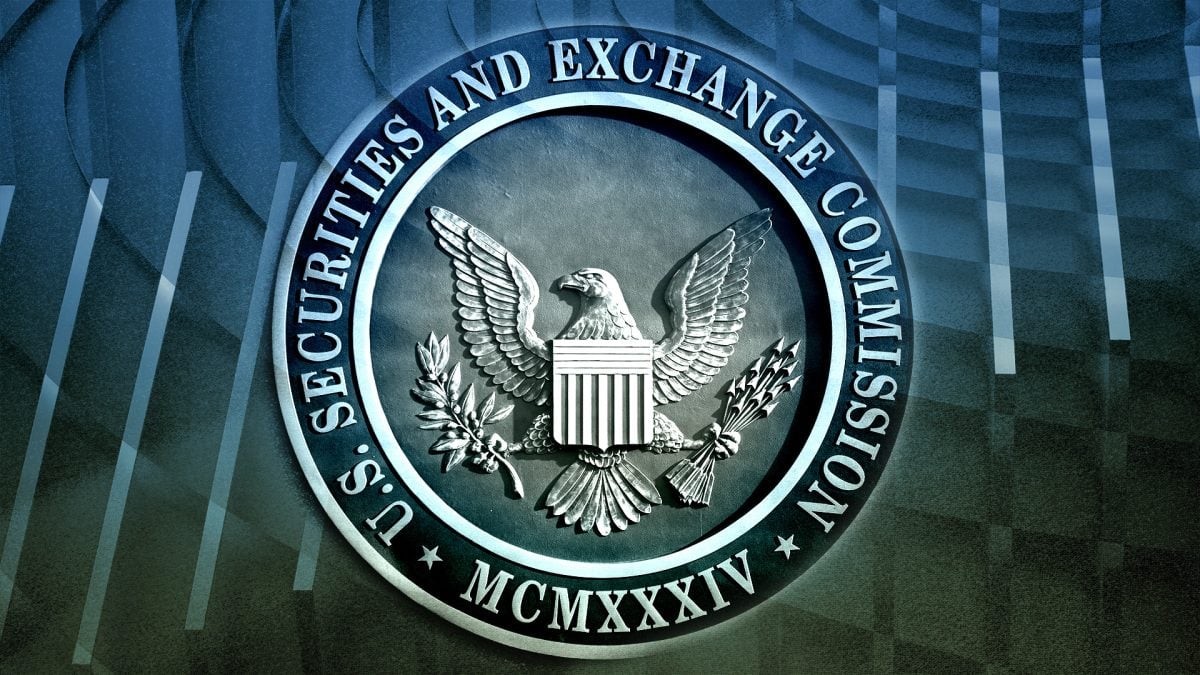John Reed Stark, former chief of the U.S. Securities and Exchange Commission’s (SEC) Internet Enforcement Division, says the agency’s aggressive approach toward crypto enforcement has effectively ended under the current administration.
In a recent social media post, Stark declared, “Stick a fork in SEC crypto-enforcement, it’s done.”
His comments follow a major structural change at the SEC earlier this year, when the regulator renamed its “Crypto Assets and Cyber Unit” to the more broadly focused “Cyber and Emerging Technologies Unit.”
Laura D’Allaird, the newly appointed head of the rebranded unit, recently outlined the SEC’s new priorities. Rather than singling out cryptocurrency, the agency now places its focus across three broader enforcement areas:
Fraud tied to emerging technologies such as AI, blockchain, and crypto, especially where hype is exploited to mislead investors.
Cybersecurity compliance, ensuring firms properly protect investor data and systems.
Cyber-related misconduct, including the use of the dark web, social engineering, and other illicit digital tactics.
According to D’Allaird, the agency is trying to be more “nimble” in its approach, evolving to match the pace of innovation without hindering capital formation or market integrity.
The strategic pivot away from crypto-specific enforcement marks a notable shift for the SEC, which in recent years had pursued several high-profile actions against major players in the blockchain industry. Stark’s remarks underscore a belief that regulatory momentum against crypto is fading, especially amid broader political and structural changes in Washington.
Whether this signals a more cooperative regulatory future for the crypto space — or simply a redistribution of resources — remains to be seen. For now, crypto may no longer be the SEC’s top target.



